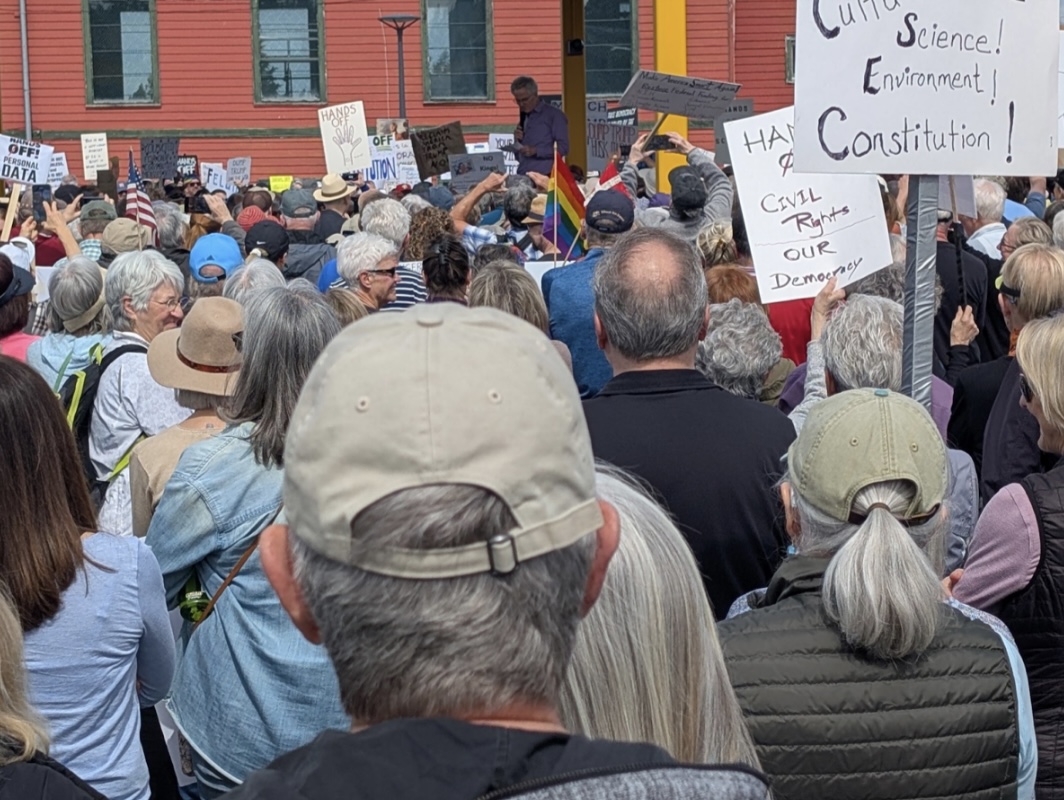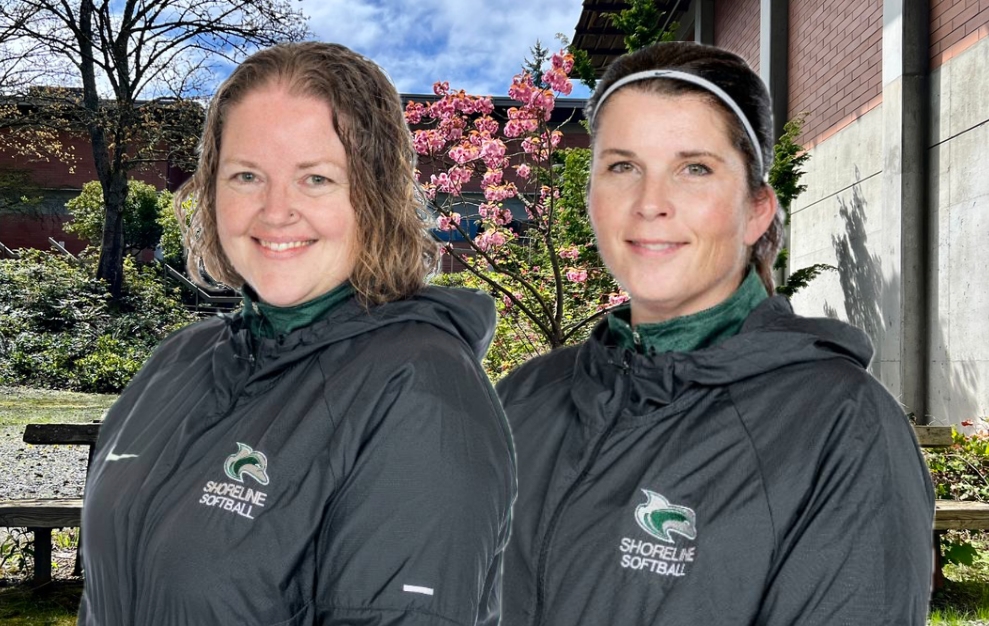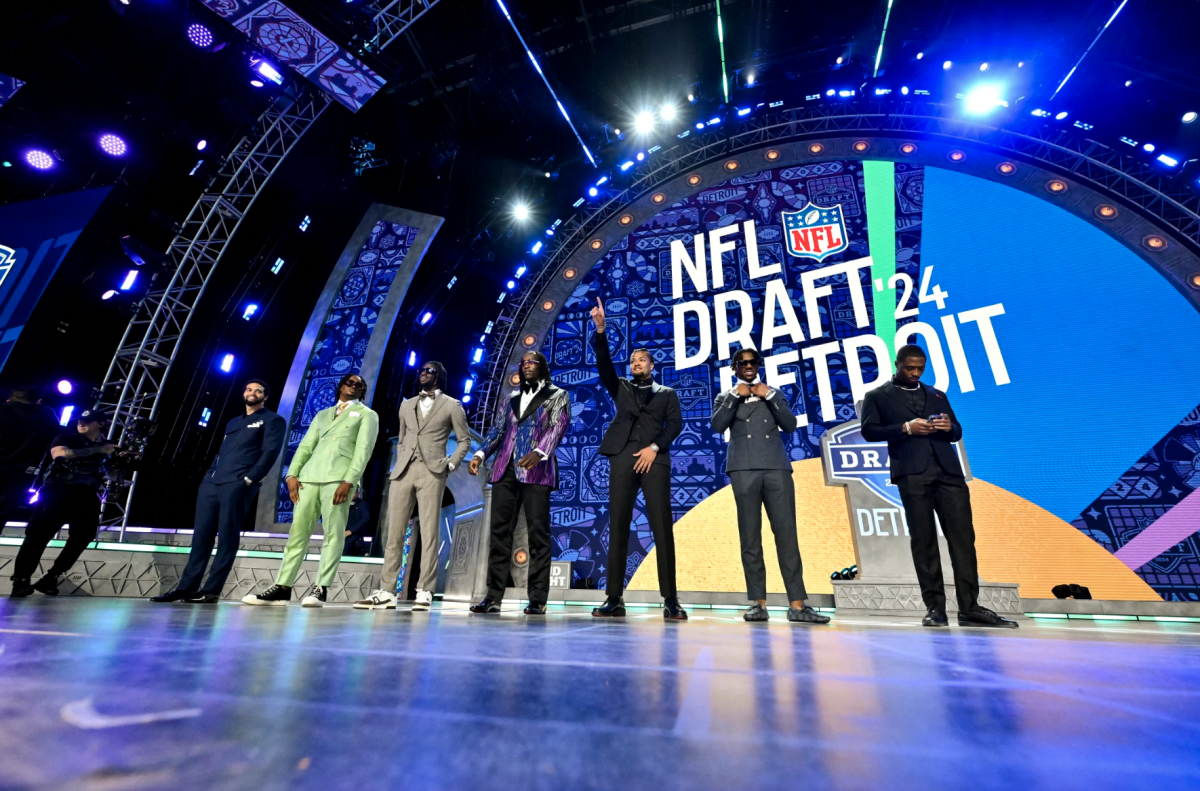Student involvement with elections has always been a small-time affair; there’s a few signs around campus telling students to vote, a handful of students pass by the voting computers in the PUB during the election and then you see a poster with the new representative’s face the size of your body up on the wall.
In early April, there was little noise from the student body as the Club Affairs Officer position was swapped from a position elected via the student body to a position hired by committee.
So why does that matter? If students aren’t invested in ASG, what’s the problem?
Changes to whom students could vote for isn’t new — in 2011, 2013 and now again in 2017, positions were shifted from elected to hired. Now the only elected position remaining is ASG President.
A student’s ability to vote for their representatives on campus is indicative of their presence in social issues inside the student body. Whether hired or elected, the ASG represents the student body on a number of subjects with the college and ensures that the issues that matter to the student body are addressed.
Attempts have been made in the past to simply hire all of SCC’s ASG — a ballot suggesting just that in June 2013 was met with critical reviews. Now similar changes are being met with silence.
For many, this is a non-issue — whether they’re new or a long-standing student in the SCC community, there is a significant amount of the student body who have never and will never get involved.
“I get emails and see signs put up around campus, but I haven’t ever really been engaged by (the ASG),” said Sarah Kercheval, now in her third consecutive year at SCC. “I don’t really know who they are or what they do.”
The effort required to engage with student politics isn’t welcoming to new students either. Joseph Shilling, a retired coast guard member and first year student, said, “You know, I simply haven’t had the time to get involved. I think politics are important, whether or not they’re college or world politics, but I don’t spend the kind of time (at SCC) for it to matter to me.”
Being unable to elect those who represent them leaves the student body disconnected and uncommunicative, unfamiliar with their own delegates in an already distant system. Not knowing, hearing from or learning about the candidates who would represent students best creates a gap in between ASG and student body where there should be none.
The goal is that through hiring, the ASG can find and select candidates who are the best suited for the job. There’s good reasoning there; a dedicated hiring committee allows review by those who know what the position demands and who can ask questions and determine who is really up to the task.
A criticism of hiring committees and lack of student input is the likelihood of wanting the prestige and the legacy, instead of an interest in public service. Alan Charnley, an SCC alum and active local politico, has been challenging these changes for as long as he’s been involved on the SCC campus.
Charnley was quoted in the Ebbtide on the same issue in 2013, saying, “It will just be friends interviewing friends who they want to replace them.”
He still holds that same belief today. He was critical of application, as there’s the chance those who apply aren’t pushing to do so for the betterment of the student body, rather only to kickstart political careers.
“There are enough people around here who will look to pad their resume just for the sake of it,” Charnley said.
An argument against student voting is it’s just a popularity contest. If students aren’t engaged, and if students don’t care, they’ll throw their vote to whoever is most familiar and that’ll be that.
Students are likely to vote for who they know and like, rather than who may be best suited for the job. While this is true, that’s the nature of a democracy and voting. People will always elect who they are most comfortable with leading them.
This is important when the position in question is particularly community driven, like the now hired position of Club Affairs Officer.
If that means there’s a year where people must grin and bear it, so be it. If it is truly disastrous, there will be clear repercussions.
In the past several years, student voting took a huge hit in numbers, with the highest recent turnout at 522 students in 2011, followed by a whopping decline of at least 250 students over the next two years. Voter turnout is working it’s way back up, with 470 students voting last year and a slight increase with 487 voters on the recent 2017 elections for the president only. Imagine how many more may might have voted had the Club Affairs officer been an elected position.
Clubs on campus are a vital and thriving part of SCC. With 54 official student organizations listed online, covering all sorts of interests from physical activities, like hiking or swimming, to disability health awareness, they include many aspects of student life.
Why make a position built around keeping our student organizations in touch with student leadership one that the student body can’t elect themselves?
The right to vote for their representatives and ensure students have a voice in the politics of their education is vital. While not infringed upon, this sets the stage of an already dismal scene — the death of student involvement at the hands of slowly disappearing representation.
-Charlie Easton













